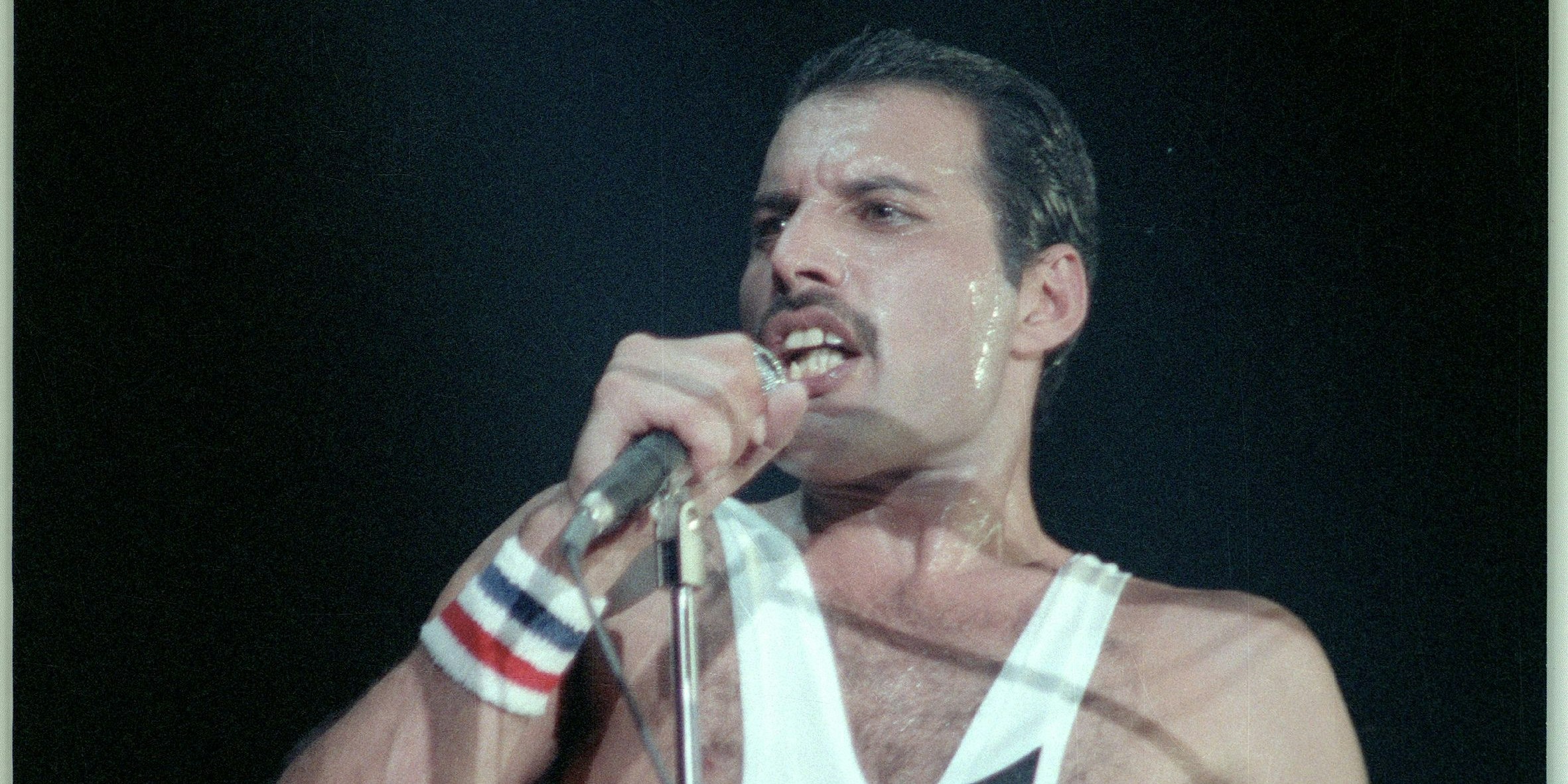In The Spotlight: Nu-metal band Limp Bizkit has filed a lawsuit against Universal Music Group (UMG), alleging over $200 million in unpaid royalties. The legal action, initiated on October 8, 2024, in California federal court, has sent shockwaves through the music industry, raising questions about royalty management practices in the streaming era.
Allegations and Discoveries: Lead singer Fred Durst claims the band “had not seen a dime in royalties” for decades. In April 2024, upon gaining access to UMG’s royalty portal, Durst’s team discovered balances indicating the company owed over $1 million to the band.
- UMG subsequently paid approximately $1.03 million to Limp Bizkit and $2.3 million to Durst’s label, Flawless Records, according to People.
- According to Pitchfork, the band disputes UMG’s claim of paying $43 million in advances, arguing this figure is inflated by nearly $30 million.
Systemic Issues Alleged: The lawsuit accuses UMG of implementing a “fraudulent” system “deliberately designed” to withhold royalties from artists. Limp Bizkit’s legal team suggests this issue could affect “potentially hundreds” of other artists signed to UMG.
- Variety reports that the complaint alleges UMG’s software reclassified payable balances as “unrecouped” to avoid making royalty payments.
- Industry experts, however, suggest the issue might stem from accounting problems or incompetence rather than deliberate fraud.
Historical Context: Limp Bizkit’s relationship with UMG dates back to 1996, when they signed with Flip Records. Later, in 2000, they moved to Interscope Records, a UMG sub-label. The band claims their contracts with UMG were terminated on September 30, 2024, due to the alleged fraud.
Industry Implications: This lawsuit highlights the complexities of royalty calculations in the streaming age. With Limp Bizkit’s recent resurgence—over 450 million streams on platforms like Spotify in 2024 alone—the case underscores the potential disconnect between an artist’s popularity and royalty payments.
UMG’s Response: While UMG has not officially responded to the lawsuit, an executive reportedly attributed the nonpayment to a “one-off mistake” due to an error with new software. As this legal battle unfolds, it prompts a broader discussion about transparency and fairness in the music industry’s financial practices. The outcome could potentially influence how record labels manage royalties and communicate with artists in the future.


























